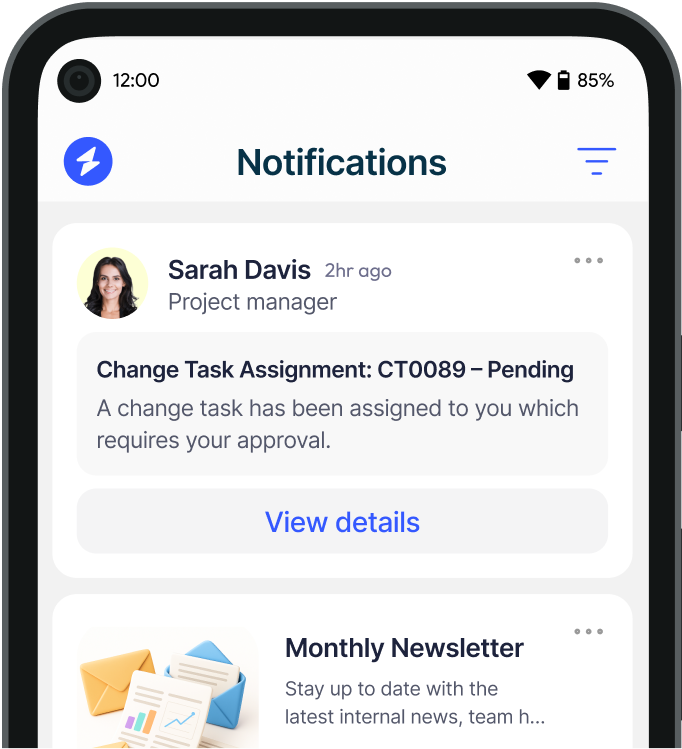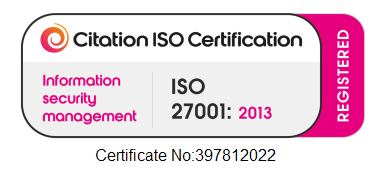
Local authorities sit at the frontline of public service. From severe weather and infrastructure failures to health emergencies, crises can arrive without warning. The way councils communicate with their staff during these moments shapes both outcomes and public confidence.
Why local authorities need a crisis communication strategy
Unlike central government, councils operate close to the communities they serve. This means:
- High volume of incidents – from local flooding to IT failures.
- Diverse staff groups – office teams, field workers, emergency responders.
- Limited resources – smaller budgets, but high expectations.
Traditional comms like email or noticeboards simply can’t keep up in these scenarios.
How crisis communication software supports councils
- Multi-channel delivery: reach office staff via desktop alerts, and field teams via SMS or voice.
- Real-time tracking: confirm which employees have seen and acknowledged instructions.
- Escalation features: resend or escalate to supervisors if responses aren’t received.
- Template libraries: pre-built crisis messages for floods, outages, or health alerts.
This ensures no staff member is left in the dark when fast action is required.
At a Glance
Table of Contents

Real-world examples of local authority crisis comms
- Flooding: notifying road crews and emergency services with real-time updates.
- Cyber attacks: alerting IT and staff to lock down systems immediately.
- Health emergencies: sending safety protocols to frontline staff.
- Transport issues: warning staff about closures or hazards across council networks.
Each scenario demands communication that is instant, targeted, and logged for accountability.
Building public trust with effective crisis comms
Councils are accountable not just to staff, but to the public. Effective crisis comms demonstrate competence, reinforce safety, and protect community trust. When employees know exactly what to do, citizens feel reassured.
Why choose Heed for your local authority crisis communication
Heed equips local authorities with multi-channel alerts, tracking dashboards, and compliance-ready reporting. With ready-to-use templates and simple workflows, councils can respond in minutes, not hours.
By uniting emergency alerts, surveys, and approvals in one system, Heed ensures local authorities communicate clearly, act fast, and maintain trust.

.svg)



.svg)
.svg)